By BASSEM MROUE
BEIRUT — Forty years since Hezbollah was founded at the height of Israel’s 1982 invasion of Lebanon, the group has morphed from a ragtag organization to the largest and most heavily armed militant group in the Middle East.
The Iranian-armed and funded Hezbollah, which has marked the anniversary with ceremonies in its strongholds in recent weeks, dominates Lebanon’s politics and plays an instrumental role in spreading Tehran’s influence throughout the Arab world.
But the Shiite powerhouse, once praised around the Arab world for unrelentingly standing against Israel, faces deep criticism on multiple fronts.
At home in Lebanon, a significant part of the population opposes its grip on power and accuses it of using the threat of force to prevent change. Across the region, many resent its military interventions in Iraq and in Syria’s civil war, where it helped tip the balance of power in favor of President Bashar Assad’s forces.
There is no specific date on when Hezbollah was founded, starting as a small, shadowy group of fighters helped by Iran’s paramilitary Revolutionary Guard. But the group says it happened during the summer of 1982.
The 40th anniversary comes this year as Hezbollah officials have warned of a possible new war with Israel over the disputed gas-rich maritime border between Lebanon and Israel.
Over the years, Hezbollah has boosted its military power. It boasts of having 100,000 well-trained fighters. And now its leader says they have precision-guided missiles that can hit anywhere in Israel and prevent ships from reaching Israel’s Mediterranean coast, as well as advanced drones that can either strike or gather intelligence.
“Hezbollah has evolved tremendously in the past four decades in its organizational structure, global reach, and regional involvements,” says Middle East analyst Joe Macaron.
Hezbollah’s biggest achievement over the past 40 years was its guerrilla war against Israeli forces occupying parts of southern Lebanon. When Israel’s army was forced to withdraw in May 2000 — without a peace deal like the ones it reached with Egypt, Jordan and the Palestinians — the victory brought Hezbollah praise from around the Middle East.
“Who would have imagined that our enemy could be defeated?” Hezbollah’s chief spokesman Mohammed Afif said a press conference held in July to mark the anniversary.
But since the withdrawal, the controversy over Hezbollah has steadily grown as its role has changed.
In 2005, Lebanon’s former Prime Minister Rafik Hariri, the most powerful Sunni politician in the country at the time, was killed in a massive truck bomb in Beirut. A U.N.-backed tribunal accused three Hezbollah members of being behind the assassination. Hezbollah denies the charges.
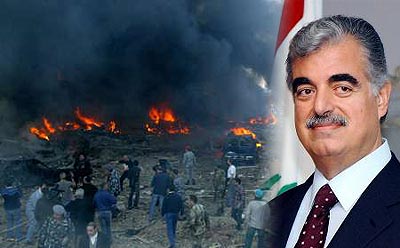
Hezbollah was blamed for other assassinations that followed, mostly targeting Christians and Sunni Muslim politicians and intellectuals critical of the group. Hezbollah denies the accusations.
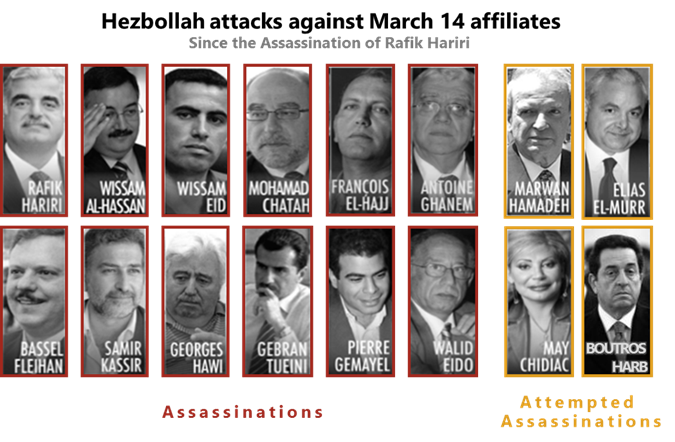
“Hezbollah’s danger to Lebanon is huge,” says journalist and former Cabinet minister May Chidiac who lost an arm and a leg in a 2005 assassination attempt with explosives placed in her car. She said Hezbollah has been expanding Iran’s influence in Lebanon, “and this is a long-term plan that they have been working on for 40 years.”
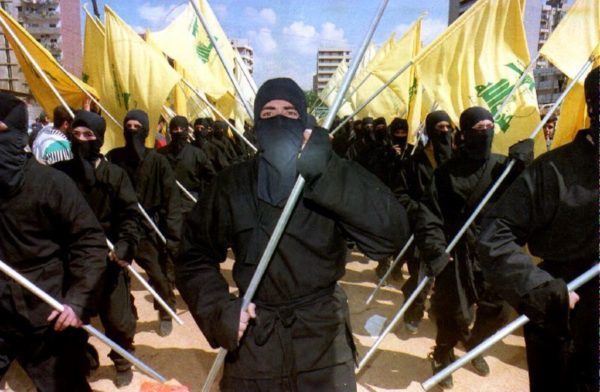
Asked if Hezbollah is to blame for the attempt on her life, Chidiac said: “Of course. There is no doubt about that. All these assassinations are linked.”
Lebanese have been sharply divided by Hezbollah’s determination to keep its weapons since Israel’s withdrawal. Some call for its disarmament, saying only the state should have the right to carry weapons. Others support the group’s stance that it must continue to be able to defend against Israel.
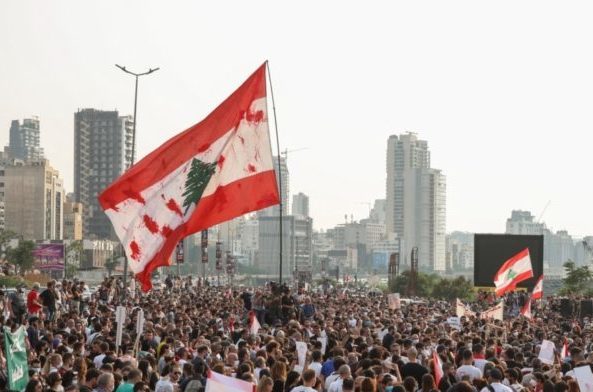
Hezbollah fought Israel to a draw in a 34-day war in the summer of 2006. Israel today considers Hezbollah its most serious immediate threat, estimating that the militant group has some 150,000 rockets and missiles aimed at it.
In early July, the Israeli military shot down three unmanned aircraft launched by Hezbollah heading toward an area where an Israeli gas platform was recently installed in the Mediterranean Sea. Hezbollah leader Hassan Nasrallah warned that Israel will not be allowed to benefit from its gas fields in the disputed maritime border area before a deal is reached with Lebanon.
ASSOCIATED PRESS
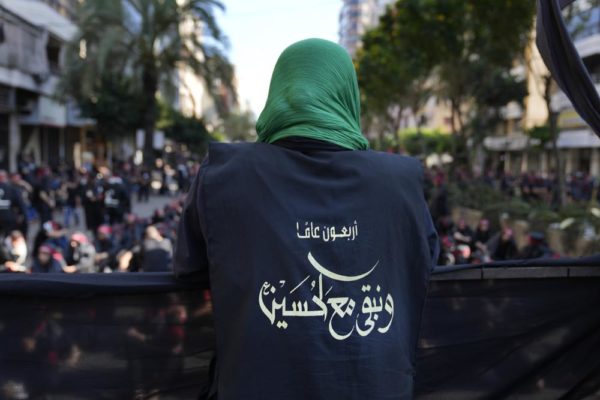

Leave a Reply
You must be logged in to post a comment.